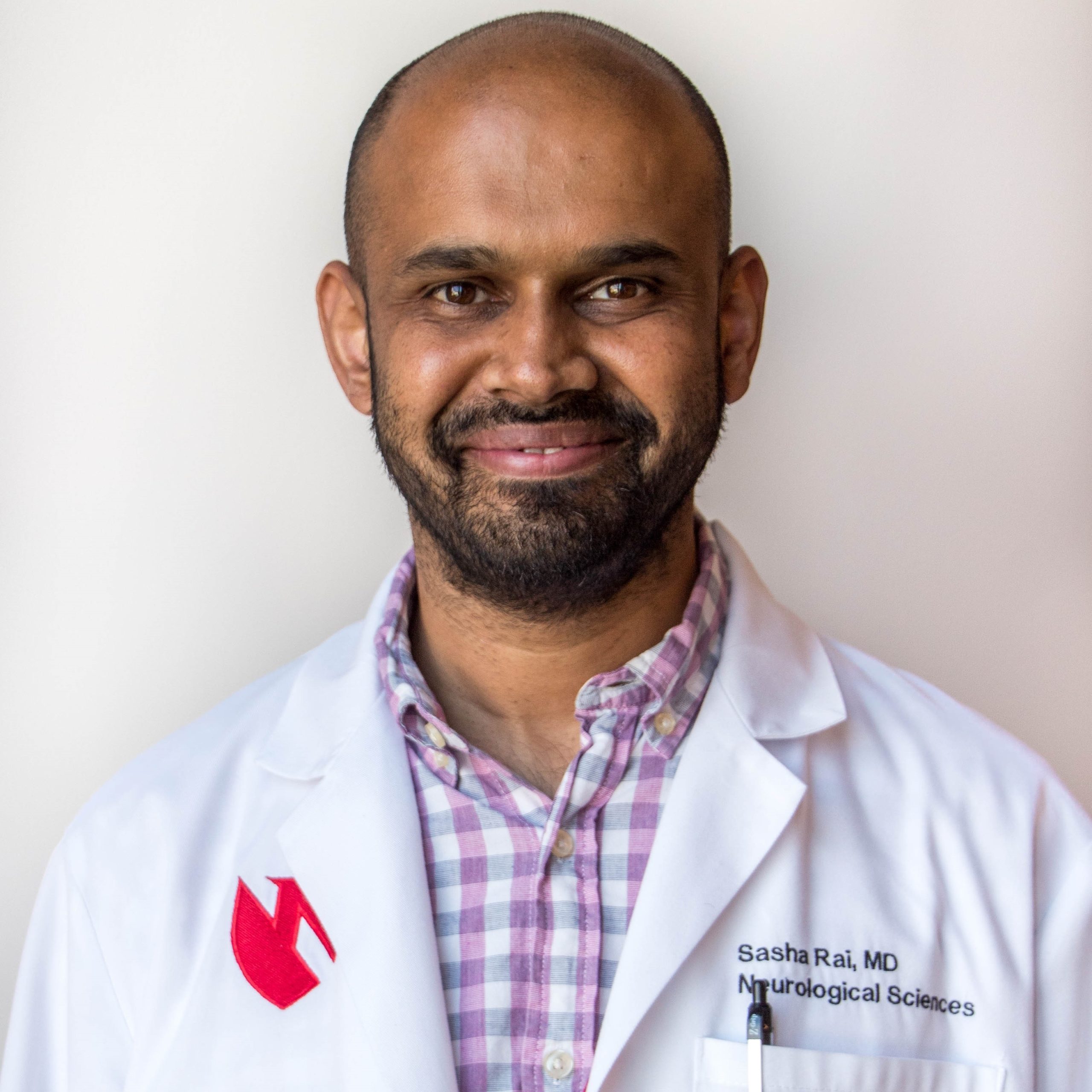Care that carries on
Sasha Rai is lighting the path for those who come after him – just like his grandfather
Growing up in India, Dr. Sasha Rai recalls how his grandfather, a physician, treated people who couldn’t afford care.
“I learned a lot from how he helped his patients,” Dr. Rai says. “They were so grateful for his care.”
Today Dr. Rai is a forensic psychiatrist who knows exactly how his grandfather felt when helping those in need. That’s because he treats those incarcerated at the Denver City and County jails.
“My grandfather is one of the main reasons I work in the jail,” Dr. Rai says. “I get to take care of the most marginalized and underserved patients.”
Noticed he says “I get” to take care and not just “take care.” And he uses “patients” and not “inmates” or “prisoners.” Dr. Rai treats people and he loves it.
But as he’s settled into his work, Dr. Rai came to realize he wanted to grow the footprint he leaves on lives and healthcare

“My grandfather is one of the main reasons I work in the jail. I get to take care of the most marginalized and underserved patients.”
His plan? He will continue serving those in prison but he also wants to innovate, to find new avenues to deliver better mental health care.
What would that look like?
“A better system would mean more seamless transitions of care with the jails, outpatient, inpatient and emergency rooms,” he says. “This would also let us share more and better data and improve the overall quality of care.”
Now, as a Master of Health Administration (MHA) student, Dr. Rai is already using what he’s learning to plan and create those better systems of care – care that will light the path for those who come after him.
Care that carries on – in the tradition of his grandfather.

